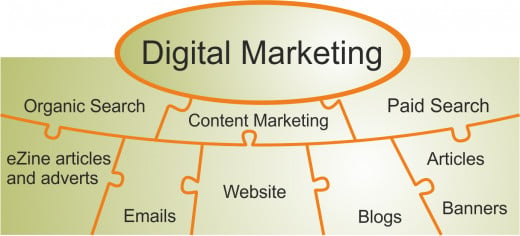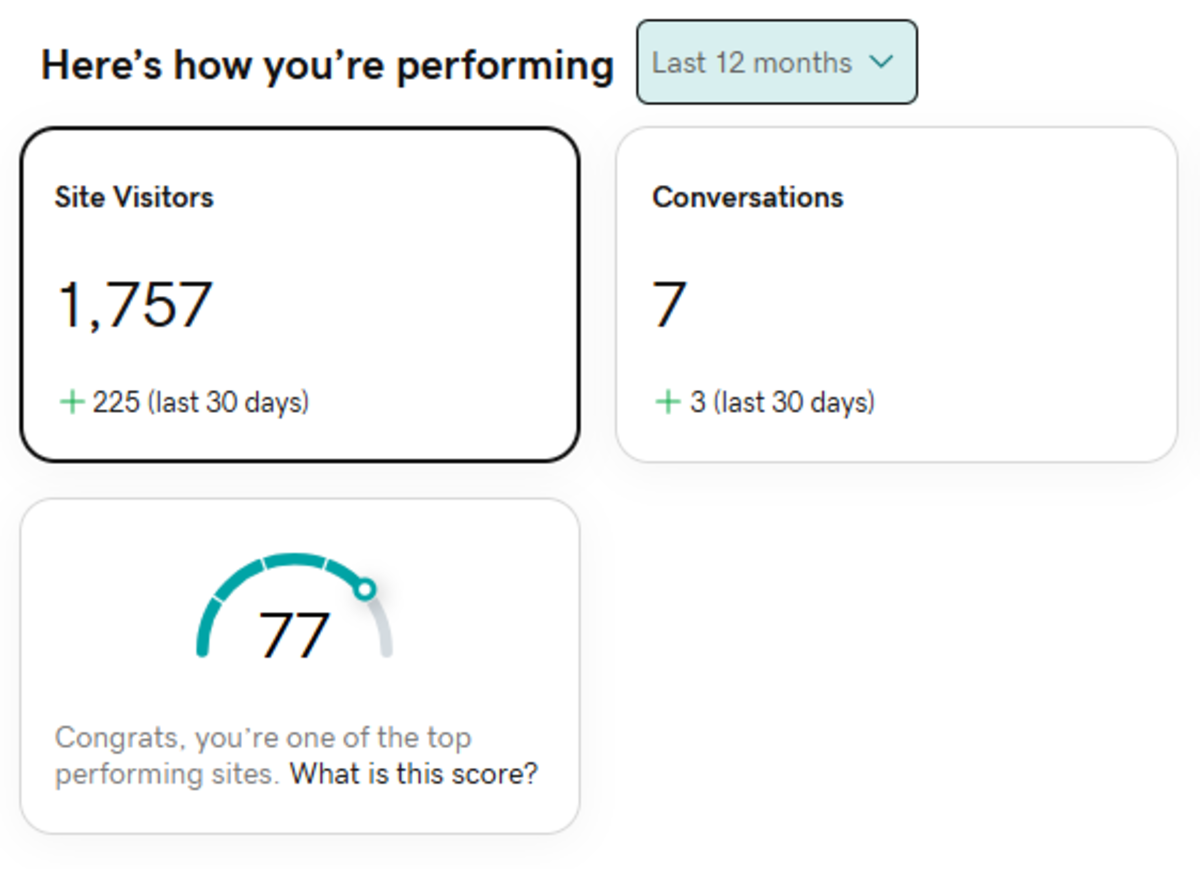What is Digital Marketing
Digital Marketing
Digital marketing is a potentially vast subject; the stuff whole books are written about. For a 101 style primer we can, probably, keep it down below the scope of a major tome.
Why do we need to consider digital marketing?
The Internet moved into 2014 with over 2 billion web pages. These cover any and every subject imaginable. More than a few are in direct competition for the customer you hope to pull in to your own web pages. Much of digital marketing is about standing out in one of the largest crowds in the world.
Creating and publishing a website is a major part of a digital marketing strategy, though most people jump straight into talking about pay per click advertising and banners. Everything you put onto the Internet for people to see has to be a joined up part of your digital marketing strategy. That includes articles like this one that are aimed at capturing certain search engine keywords.
Your digital marketing might include:
What is Digital Marketing
Paid search
| Website
|
|---|---|
organic search
| Blogging
|
Email marketing
| Article marketing
|
Social media
| eMagazine articles and adverts
|
banner advertising
| Content marketing
|
Digital marketing elements
Content Marketing
Then you have to consider the platform your digital marketing will be viewed on. Computer, tablet, smartphone. The word is that over half of emails are now read first on a smartphone.
Let’s take a step back. Most of the web is driven by an initial search. The main search engines are run by Google, Yahoo and Microsoft, hereafter referred to as GYM. These search engines or others become favourites because they deliver the goods. They strive to deliver the best results based on what was typed into the search box.
The problem is that people, especially those who are not familiar with search engines, tend to be extremists. They will type in a single word ‘cars’ and be deluged with results that have little to do with what they were thinking of when they typed in that first search. Or they type in a long string ‘how do I change the headlight bulb on my 55 plate Renault Megane?’
That’s not the worst of it though. The really problem with most digital marketing strategies is that the keywords are either not even considered, or they are written by technical gurus who know the product. Not paying attention to keywords means that the most often repeated phrases will have nothing to do with the product or service. The problem with technical staff defining the keyword list is that they are not usually the target customer.
What a person technically knowledgeable in the product picks will almost never be the same thing that a prospective customer with a need will enter into and search engine. This is a good thing and a bad thing.
The chances are that competitors will also have their technical staff creating the keyword lists, so everyone in that market will be competing to get page one position for the same keywords. The trick is in being the one company in that sector who walks a mile in the customer’s shoes. If you have customers already then they are the place to go to find out what they actually typed into their search engine to find your company.
Ask your customers what needs they had that brought them to your door. It is solutions to those needs they most likely searched for.
Why all this fuss about customer needs and keywords? Because a digital marketing strategy can only take shape once you understand your customer needs and pain points and have formulated your messaging and keywords towards meeting those needs.
It is those needs and search terms that will bring the customer to your web site or to your competitors.
What is Content Marketing
In the table above I included content marketing in the list of digital marketing activities. This is not strictly accurate. Content marketing feeds into all the other elements of digital marketing. It is what captures the attention of your prospect while at the same time capturing the attention of the search engines. Content marketing is where you wrap up the search terms (keywords) that your prospects are using to find you in documents that they will want to read. Why do they want to read? Research shows that customers have done a great deal of investigation before they part with their email address or phone number to allow you to contact them.
Digital marketing and content marketing are your way of establishing your importance in your chosen market so that they find your information. That way they start associating your company with the product they are researching from the very beginning.
Effective Digital Marketing

Digital Marketing Elements
Hopefully the image above offers some clarity. For effective digital marketing you need to define:
- Your content marketing strategy
- Your organic search goals
- Your paid search budget and keywords
This ground work will then flow out to feed the actual digital marketing activities you decide to include in your overall digital marketing strategy.
Help in creating digital marketing content and strategy
- CopyWrite Ink » ReInvent The Text
Marketing Copywriting Services You may bring in the prospects with images or video, but in the end, it's the text that pushes them into the call to action,...








